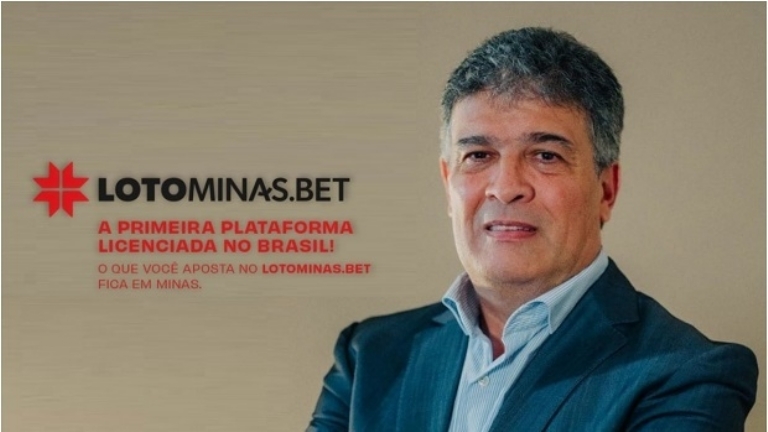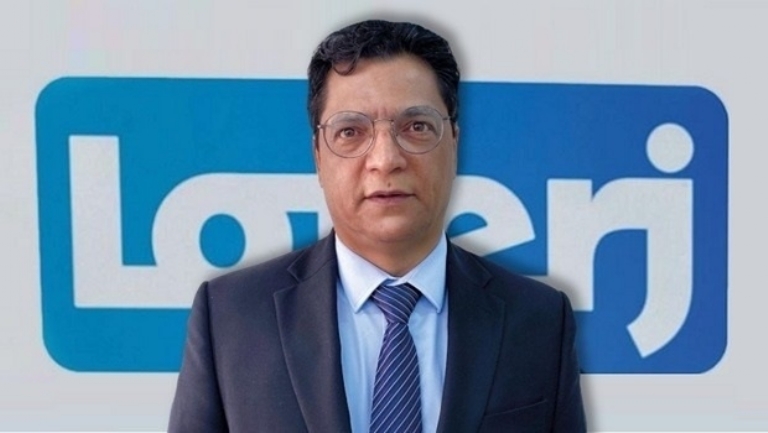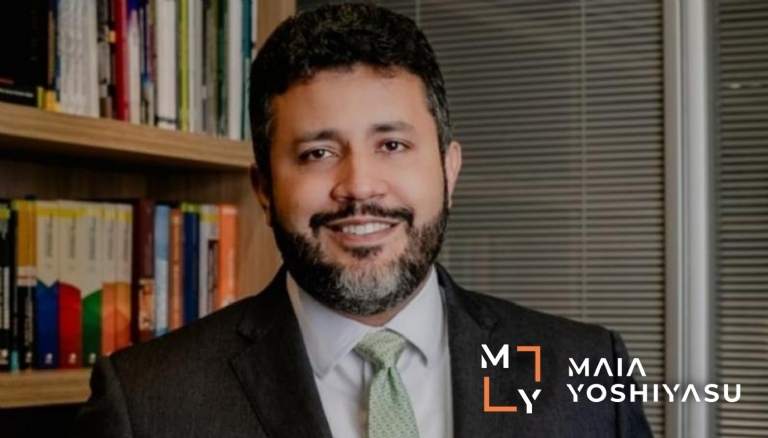

Law 13,756 was adopted almost five years ago and the long-awaited regulation of sports betting in Brazil is still an outline of what will happen at the national level with the operation of fixed-odds betting.
Faced with the inertia of the Union over the four years after the enactment of the law, at the end of the Michel Temer government, the States began to move towards expanding their presence in the sector.
The decision of the Federal Supreme Court to end the federal monopoly on the operation of lottery modalities opened space for the States to seek to create their local lotteries and to analyze the possibility of operating sports betting.
The arrival of a Provisional Measure regulating the sector happens at the same time that local operations are beginning to take shape. Some States have already created their lotteries, and Minas Gerais and Rio de Janeiro are already exploring sports betting locally and others are on the verge of doing the same.
Union x States
Will there be clashes? So far, no one knows how the lottery market – Union and States – will behave, but an arm wrestling is not ruled out, considering different operation and taxation models.
In the case of the federal government, market sensitivity continues to point out that it is an expensive model, with grants around R$ 30 million (US$ 6.15m) and taxation on the activity of 18% on the GGR, in addition to the taxes inherent to any type of business , which could lead to a total charge of around 40%.
This could make legalized sports betting in Brazil unfeasible. But even before the sector adopted federal regulation, states such as Minas Gerais and Rio de Janeiro already had local sports betting and, in the case of RJ, nationwide.
State lotteries
In Minas Gerais, under the command of the Minas Gerais State Lottery and operated by Intralot do Brasil, Lotominas.bet is already on the air, restricted to gamblers with a fixed address in the state. In addition to sports betting, Lotominas.bet makes available to people from Minas Gerais bets on instant lotteries and Keno Minas, lottery modalities that had already been explored in the state for years.
In Rio de Janeiro, Loterj accredited eight companies locally and under its supervision, with two of them already operating, Rede Lotto and Pixbet. The difference is that in the case of the Rio de Janeiro State Lottery, although the operation is centralized on the Loterj platform, companies will be able to offer their services throughout Brazil. And with a detail that makes the difference. The fixed grant was stipulated at R$ 5 million (US$ 1.02m), with activity tax of 5% on the GGR.
Opinions about harmony or not indicate that Brazil will still have to live with this doubt for some time until new directions are given to the sports betting sector.
Ronan Moreira, director general of the Minas Gerais State Lottery, believes that the adoption of two distinct models – federal and local – “will be harmonious”. For him, some adjustments should take place soon “to provide even more transparency and at the same time ensure that everything occurs naturally, always based on the decisions of the STF.”

The leader of LEMG says that the States are moving in a coherent and assertive way. “I give Paraná and Paraíba as good examples, which are adopting very suitable models, as well as Santa Catarina and Rio Grande do Sul are also making their initial moves in the right direction.”
For him, the segment will be regulated as a whole “guided by the important decisions of the Federal Supreme Court. States and the Union will play a fundamental role in generating non-tax revenue to promote social well-being and combat illegal gambling. Where there is a presence of public power, there will be less space for illegal activity,” says Ronan Moreira.
Hazenclever Lopes Cançado, president of Loterj, believes that the Union took too long to regulate the activity and with the growth of the market operated by companies headquartered abroad, it was natural for the States to seek to offer their sports betting alternatives.
So much so that Rio de Janeiro adopted a model that impacted the market, both from the point of view of fixed grant values (R$ 5 million) and variable (5% on GGR), as well as scope.
There will be eight accredited companies, two of which are already in operation (Rede Lotto and Pixbet), but the big news is that they will be able to sell sports betting throughout Brazil. The body's understanding is that the bet made from anywhere in Brazil is centralized on the Loterj platform, in Rio de Janeiro. “The gambler must accept the terms that the bet is effective in Rio,” he says.

For Hazenclever, the moment is one of joy due to the fact that Loterj offers bets throughout Brazil and generates resources for the municipality to invest in social activities in Rio de Janeiro. “Today, 70% of Loterj's profit is invested in social actions and I believe that all of Brazil should behave in the same way, offering local and national modalities. Competition is always healthy.”
Daniel Romanowski, president of Lottopar, understands that “as in other lottery modalities, there are markets and space for multiple operators. There will certainly be operators of regional size and those of national scope. It will be up to the entrepreneur to choose which environment is more favorable and more competitive.”
The most important thing, in his assessment, "is that all States and the Federal Government ensure traceability and transparency in the market, being able to transmit the transparency that this sector needs."
The president of Lottopar points out that the state environment is also beneficial to the Federal Government “for its PIS and Cofins tax contribution, in addition to the Income Tax on the prizes and on the profit of the operators. Incidentally, this set of taxes alone is already vastly greater than the portion destined to the States,” he points out.
According to Romanowski, the free market, state and federal, is the way. “It is always important to ensure that companies are able to provide a good service, complying with their obligations. Remembering that the operator will also have to make adjustments, especially those who operated in an unregulated environment and are now providing a service as official state operators.”
“Each federal entity must respect the rules and possibilities stipulated by federal and state legislators,” concludes the president of Lottopar.
Counterpoint
“This conflict between national and state models cannot work harmoniously. I know there are people who will disagree with me, but I don't see it any other way,” analyzes Witoldo Hendrich Jr., director of Online IPS.

For him, an operator that was able to acquire licenses in all states would be in a very favorable situation in relation to those who simply acquire a national license. “The only way that I see the Union correcting this is, via the Federal Revenue Service, to determine that the taxation of state lottery operators is done in the same manner as that stipulated for the national license, which would not be difficult, from a legal point of view, as the taxation stipulated in Law 13756/18 is fundamentally federal,” highlights the lawyer.
According to Witoldo, a palliative measure against the turmoil that tends to set in, “only a new law (which may even come from Bill 442/91) that takes care of all betting verticals could fix this, as long as it treats the games by their respective names, without mixing concepts or systems,” he evaluates.
To cast one more doubt on the already dubious harmonious relationship between the Union and the States, Witoldo points out: “The big problem that I see, now that the States have already advanced, is that a new law would revoke Law 13.756/18, revoking, consequently , the legal system that makes possible the exploration of bets by the States, called fixed quota lotteries in sporting events.”
For him, this option “would be quite a turnaround, so profound that, between us, it is difficult to see implemented.”
Lack of parameters
In line with not seeing harmony between the two models, Luiz Felipe Maia, founding partner of the law firm Maia Yoshiyasu, says that “in the absence of well-defined parameters regarding the regulatory powers of each federal entity, the clash tends to intensify over the to the extent that different models of operations are created by different states, which can be very distant and conflict both with each other and with those to be adopted at the federal level.”

The renowned lawyer cites as an example the recent challenge by Caixa in relation to the new definition of territoriality established through the rectification of Loterj's accreditation notice No. 01/2023, allowing the sale of sports betting from anywhere in Brazil.
For him, the most appropriate path is to establish solid guidelines for the performance of each federal entity, allowing them to act according to the competence that is already constitutionally guaranteed to them, but without extrapolating them.
“According to the decision of the STF in 2020 - and which today serves as the foundation for the regulatory model adopted -, the Union maintains its legislative competence and is responsible for establishing the regulatory framework for lottery operations (with fixed quotas included here), while States will have material (or administrative) competence to make operations feasible according to their convenience,” he highlights.
“The meaning of these concepts (territoriality, regulatory framework, substantive competence, legislative competence) - preferably through its own regulation, before the Judiciary intervenes again in the matter - will be of paramount importance so that any interpretative discrepancies lead to legal uncertainty and the growing judicialization of the matter, elements that go against the linear development of activities related to the AQF,” concludes his reasoning.
Misconception in the sports betting framework
Udo Seckelmann, a lawyer at Bichara e Motta, is certain about the clash between federal and state operations. “It was caused by a mistake in Law 13.756/2018, which classified fixed-quota sports betting as a lottery modality. As a result, the decision of the STF in ADPFs 492 and 493 in 2020 opened an opportunity for States to explore this vertical based on their own rules. Now, the question arises: upon obtaining the state license, will the exploration of the activity occur only within the territorial limits of the state or could it occur throughout Brazil?”
The question is pertinent, in view of a request for challenge by Caixa against Loterj, whose operation is allowing bets from anywhere in Brazil, since the betting is carried out on the autarchy's servers, in Rio de Janeiro.

For Udo, “the ideal way to prevent this clash would be to amend Law 13,756/2018 to exclude fixed-quota sports betting as a lottery modality. If this does not happen, it is likely that we will have a long judicialization of this issue in Brazil.”
The gambling specialist explains that, “being a lottery modality (and, therefore, a public service), the States have the right to explore the activity according to their rules. I understand that the exploitation of games and betting must be classified as a private economic activity subject to the control and supervision of the Public Power, as proposed in Bill 442/1991 for the other verticals of the game,” he evaluates.
“If the amendment of Law 13.756/2018 does not occur, it is likely that we will have a long judicialization of this issue in Brazil, in which the States will defend their rights to explore the activity in the national territory,” he concludes.
Source: GMB